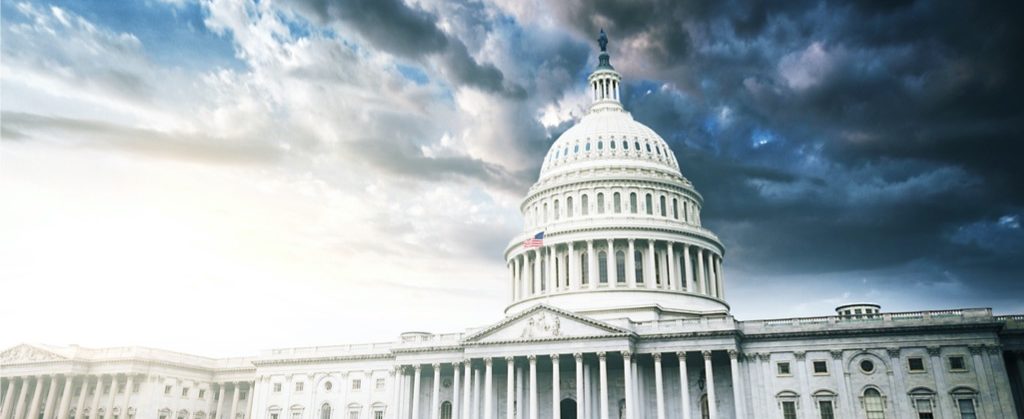
Hamilton Burger on the “Jury Trial Tax”
A good friend of mine, a former prosecutor in Massachusetts and Virginia, has criticized my blog for its defense-centric viewpoint. The actual words he used, if I recall correctly, were “criminal apologisms.”
Since I will be need to take some time off over the next couple of weeks to prepare for the Virginia Bar Examination, I have offered him the opportunity either to post his own thoughts or to rebut any posts I have made. For what is hopefully the first of many such guest posts, “Hamilton Burger” (to my Perry Mason, for those of you who are below a certain age) has chosen to humiliate me on a post I did a couple of weeks ago entitled “The ‘Jury Trial Tax’: The Penalty for Insisting on a Jury Trial.”
In that post, I stated that it is “a sad but well-known fact among criminal defense lawyers in many jurisdictions that if you insist on a jury trial and lose, you will get a stiffer penalty than if you lose the same case in front of a judge. That’s right: Same facts. Same verdict. Different sentence.”
Here is Mr. Burger’s learned (and unedited) response:
Your premise is unrealistic. You cannot criticize one aspect of Plea Bargaining, without moving into a challenge to the existence of Plea Bargaining as the means to alleviate 90% of the caseload in our Criminal Justice System. Our entire Criminal Justice System teeters upon the fulcrum of Plea Bargaining. We rely upon this System, wherein a Defendant who a) shows remorse by pleading guilty; and b) saves the State time and money in the prosecution, receives a lighter sentence than if the Defendant proceeds to a Jury Trial. Why? Because after the Jury Trial conviction, all uncertainty is removed; the Defendant committed the crime; and there is no reason or incentive for the State to reduce the codified punishment for that crime.
Furthermore, on an immediate, practical level for the Criminal Defense Trial Lawyer, there are completely different risks/advantages for a successful verdict between a Bench Trial and a Jury Trial – they should not be considered or assessed as equal choices, with equal consequences. The “Jury Trial Tax” is a fallacy. The skilled Trial Lawyer chooses the appropriate scenario for each case – on a case by case basis – and more importantly, upon a Judge by Judge basis.
Generally, with a Bench Trial, the Trial Lawyer relies upon the knowledge that the Judge will quickly get to the appropriate facts, and then apply the law in a predictable manner – based upon precedent with that Judge.
A Jury will have no predictable approach to the facts of your case. Their decision to convict or acquit, may rest on the most obscure fact or whim of one of the jurors.
When you choose a jury, you are taking advantage of the lack of legal knowledge of the jury. Your case requires a forum where there is much less predictability. You are going to “attack” some of the prosecution’s witnesses. The Trial Lawyer chooses a Jury Trial, because the case warrants gambling that you may be able to challenge aspects of the prosecution’s case to a point where a sympathetic jury will not convict, “beyond a reasonable doubt.” However, the same strategy would not survive the scrutiny of a Judge during a Bench Trial.
Jury Trial sentences are stiff because, by virtue of the conviction, the Defendant was guilty before he or she chose to challenge the truth. The sentence meted out after a Jury Trial is the unvarnished punishment set down by the State. A guilty plea, and to a lesser extent, a Bench Trial, reflect varying degrees of concession by the State from that unvarnished punishment for the crime.
